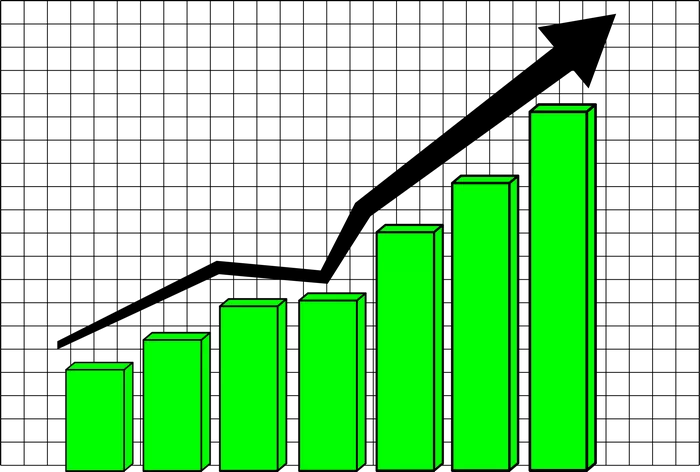Tesla remains the global leader in battery electric vehicle (BEV) sales, but its dominance is increasingly challenged by competition, particularly from Chinese automaker BYD. According to recent analyses by EV Volumes published on CleanTechnica, Tesla’s market share in BEVs fell from 19% in 2023 to 18% in the first nine months of 2024. While Tesla still holds the largest share, the gap between it and other automakers is shrinking rapidly.
BYD’s Growing Market Share
BYD, a major Chinese conglomerate known for producing electric vehicle batteries and associated electronics, has seen substantial growth in its global market share. Between 2021 and 2024, BYD increased its market share by 9 percentage points, highlighting its rapid expansion and rising influence in the global BEV market. This shift is largely driven by BYD’s strategy of offering more affordable BEV models that cater to a wider range of consumers, in contrast to Tesla’s higher-priced vehicles.
Focus on Plug-in Hybrid Electric Vehicles (PHEVs)
While BYD is closing the gap with Tesla, CleanTechnica reports that its BEV market share might not grow significantly in 2025 due to the company’s increasing focus on plug-in hybrid electric vehicles (PHEVs) in the upcoming year. Despite this, BYD’s solid growth trajectory in recent years makes it a formidable competitor in the global EV landscape.
Legacy Automakers’ Market Share
While Tesla and BYD lead the way, legacy automakers are also playing a significant role in the EV market. Companies like Volkswagen and Geely-Volvo hold market shares of 7% and 8% in the BEV segment, respectively. SAIC Motor, which operates through joint ventures with Wuling and General Motors, has also captured 8% of the market. These legacy automakers are pushing aggressively into the EV sector, further intensifying competition for Tesla and BYD.
Tariffs on Chinese EVs
BYD’s growth is slightly affected by tariffs on Chinese-made vehicles. In August 2024, the U.S. imposed tariffs on Chinese-made cars, raising them from 25% to 100%. This change could have a moderating effect on BYD’s ability to expand its market share in certain regions, especially in the U.S. where Tesla has established a strong foothold.
Global EV Market Overview
In 2023, 14 million electric vehicles were sold globally, with 70% of those being BEVs. However, traditional combustion engine vehicles still account for 84% of global vehicle sales. China continues to be the largest market for both hybrids and BEVs, holding 65% and 59% of the market share, respectively. This dominance of the Chinese market has been crucial in the growth of both BYD and Tesla.
Conclusion
While Tesla still leads the global EV market in terms of market share, the growing strength of BYD highlights the intense competition in the electric vehicle sector. BYD’s strategy of offering more affordable vehicles has allowed it to rapidly gain market share, and although it might face some challenges with the shift towards PHEVs, its overall trajectory remains strong. The next few years will likely see continued competition between Tesla and BYD, with both companies striving to capture a larger portion of the global EV market.
Related topics:


























